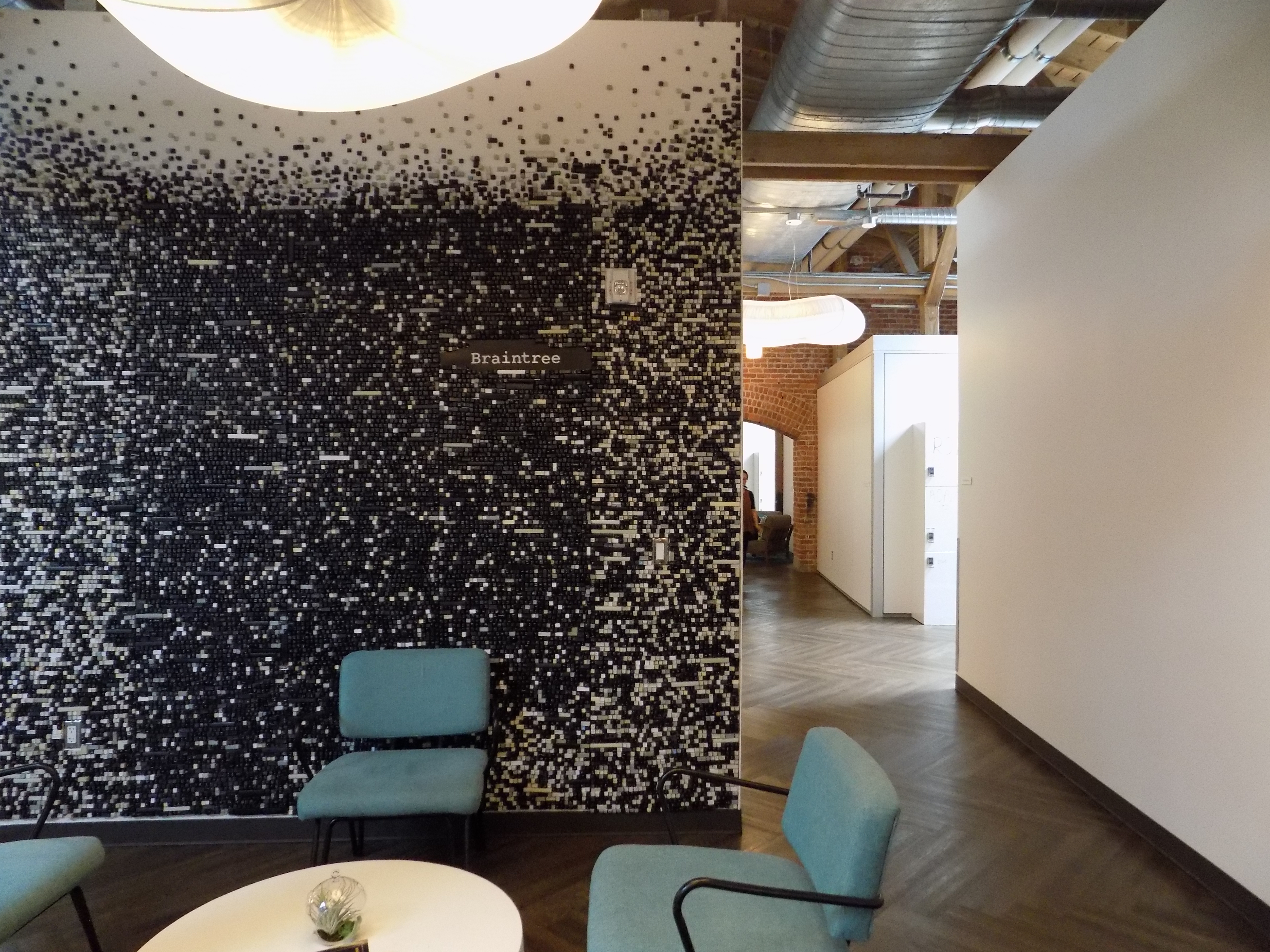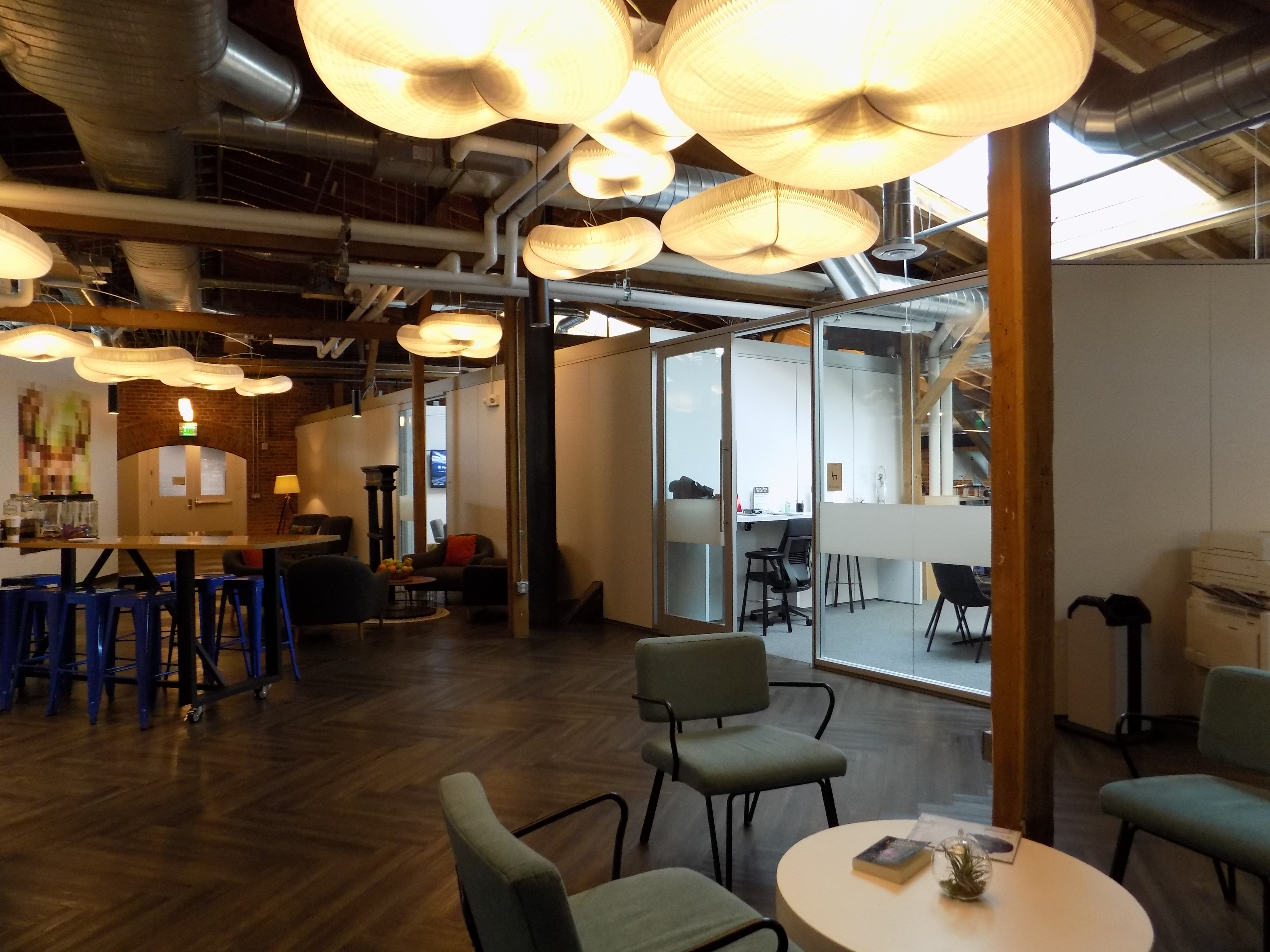Back in September 1999, Amazon applied for a patent on their speedy check-out process, One-Click. Also called 1-Click, the technology is the technique of allowing customers to make online purchases with a single click, with the payment information needed to complete the purchase having been entered by the user previously. In practice, it allows a frictionless and quick way to buy products, cutting down on time spent frustratingly wading through online payment forms to make sure that the consumer actually makes the purchase rather than abandoning it.
Fast-forward to September 11 2017 as the US patent for this technology finally expires, opening up a whole range of opportunities for businesses across the world to shorten the purchasing process and secure customers rather than helplessly watching as frustrated customers walk away in search of more convenient options.
Businesses are already taking advantage of the playing field becoming more level, with Braintree offering PayPal One Touch, which enables consumers to check-out across millions of retailers online and in app, without having to type in any usernames, passwords, shipping or billing information.
David Nunn, head of Braintree Europe, expects the future of e-commerce to open up a wealth of opportunities for businesses in the next few decades, with those who fail to catch up being left behind. One-Click has been arguably a major advantage for Amazon to dominate the market; businesses should be jumping at the chance to use this tech.
For Nunn, this is a massive development for e-commerce in general. He says, “For all of us its been an extremely key enabler to digital payments and I guess that the fact that the patent is now expiring, it now gives the opportunity for other retailers to enable this one click experience and it is clearly being looked at as something really important to the space and to what can happen going forward.”
The key questions is: what does this mean for enablement for a wider range of businesses out there?
“I think we have moved enormously when it comes to commerce in recent years and this will make it even easier because, despite all the innovation that has happened, we are still seeing 69 per cent abandonment of online sales, even though online checkouts are so easy.
“There are a whole host of reasons for that but some of it has to be down to improvement and the opportunity to improve with better design.”
In 2013, PayPal acquired Braintree to assist in developing a streamlined payment system called PayPal One Touch, a technique that PayPal had previously launched. Nunn admired that PayPal straddled both consumer and business networks, allowing for a complete coverage of users who could take advantage of One Touch.

“When it comes to our value proposition, we see a couple of things, the first enabling the consumer to check out more simply and easily is seen as as paramount. We also don’t see that we are up against other players, we don’t see it as ‘this is our time to shine’, we feel that there is such big pie here.
“Some people talk about $22 trillion, some $25-27 trillion, in commerce globally at the moment. It is difficult to quantify the kind of value e-commerce has as a metric, but if you say that from the overall $26 trillion, ten per cent is e-commerce. If that is around $2 trillion going online, you then say ‘Well what percentage of that is happening on mobile?’ Again there are all sorts of statistics but about a fifth of that is actually happening on mobile and that is increasing at a rapid clip in relative terms given the time that mobile commerce has been around. You have loads of sessions and browsing on mobile but still relatively low actual purchases happening on mobile. There is a huge chasm where people are shopping but not buying on mobile.”
Across the last 60 years, financial tech has advanced sporadically, having only recently picked up speed in earnest over the last 15 years. Becoming progressively easier to purchase, Nunn discusses the leaps and bounds of Fintech.
He says, “Who would have thought that in 2006, pre-iPhone, we could pull out a phone, next minute be in a car travelling to our destination and then get out of the car without essentially physically doing anything. You are paying but you’re not physically asking the driver to stop at a cash machine or trying to work out what kind of tip to give them. It was a really archaic experience, which was only five-ten years ago as standard. Convenience and availability is key to success in this era.
“You think about where everything came from; in the late fifties, credit cards came out. Nothing really then happened until 1995 with Amazon and EBAY, which you can designate as the beginning of e-commerce. Then you have the iPhone in 2007 which you can say is when mobile commerce started. It is only in the last two-four years that mobile commerce adoption has exploded, which has enabled the convenience that we have today. ”
The ubiquity of frictionless payments has coincided with a sharp rise in consumer expectations. Patience has become short for customers and platforms that make consumers wait often lose out on the sale. Nunn says that this change in technology has only fed that narrative.

Nunn adds, “I think tech has been the enabler for both businesses and consumers but the rise of this supercomputer that sits in your hands, this wave of mobile, is a big opportunity. You can do spreadsheets on your phone, you can time yourself when you run to improve fitness, you can play games, surf the web and buy products and it is just a complete life optimiser tool, a life-hack, and with that comes an absolute obsession with convenience. If something isn’t immediately available or convenient we are discerning enough to abandon it to go and use something else.
“I think also people don’t want to be moving in and out of different apps, so what they are looking for is a connected experience where they can actually be interacting on messenger or Whatsapp and then move from there into the next thing they want to do. So if they are talking their friend about where they want to go or what restaurant they want to meet in, consumers are now enabled to have that conversation and then move straight from that into a purchase through the context of where they are spending their time, social media platforms or messaging spaces.
“Ultimately we have so much capability in the palm of our hand that we won’t accept anything less that super-convenience, and I think a lot of the players out there now would do well with keeping up with enabling these experiences that allow this connectivity. You’ve got the Braintree tech enabling the booking of an Uber without actually having to go to the Uber app. If you are in messenger, you can actually just go straight from the interaction you are having with your friend or family member and into the booking of an Uber in messenger and that delivers this suite of tools, which we term ‘Contextual commerce tool-set’, which enables and lights up these brand new-use cases, which puts us right at the forefront of innovation space.”
Speculation is now a luxury that businesses can afford as they try and discover the next big opportunity. What does the next 20 years look like from the e/mobile-commerce space? Nunn thinks that businesses that marry communication apps with purchasing will sit ahead of the curve.
“What I see happening next is that messaging apps will help enable the next wave of commerce which is why we see contextual commerce as pivotal as we saw mobile five-seven years ago. Messaging apps are a really powerful way to connect consumers to make relevant purchases in an easy way. With SkyScanner, we are helping them adopt their business model from being a meta search-site to a point where the transaction is taking place in their own checkout, rather than pushing that process out to the airlines, which has been their previous use case.
“The expiration is a foundation for a new type of commerce as tech is always going to advance. You see massive initiatives like Amazon Alexa, Google Home, messaging apps transforming into personal assistants. At the very end, do we end up with that ‘Minority Report’-esque state of shopping where you blink at an advert and purchase it, or a piece of tech that checks your previous purchase history by scanning your face and advertising to you individually? I don’t know if it is going to end up there in the next five years and hopefully it won’t end up as catastrophic as the circumstances in Terminator 2, but all of these technologies to make that scenario happen exist today. The challenge is to somehow make all these technologies operate together effectively while retaining some kind of control and security.
“PayPal and Braintree really are at the heart of whatever happens next, when it comes to the enablement of commerce for both the business and the consumer and I think a lot of what is working and what will work in the future is democratising that access of money to a broader set of people and making this innovation more available to different businesses so that they can leverage each others client/consumer bases without sharing the keys. Leveraging a partner that can retain and maintain the security for each business, enabling the usage of each others sometimes enormous consumer bases, is something that I consider to be quite exciting.”






